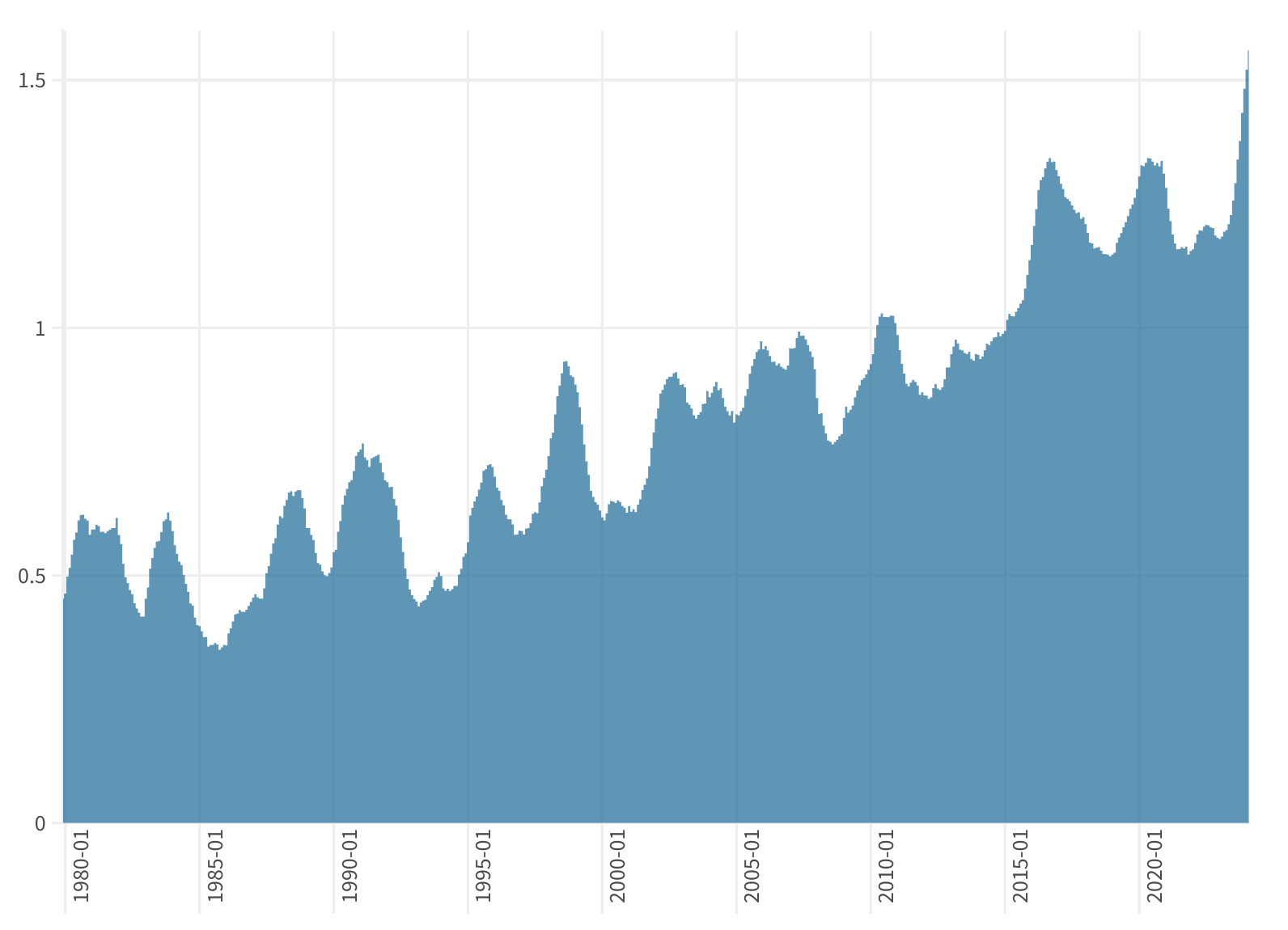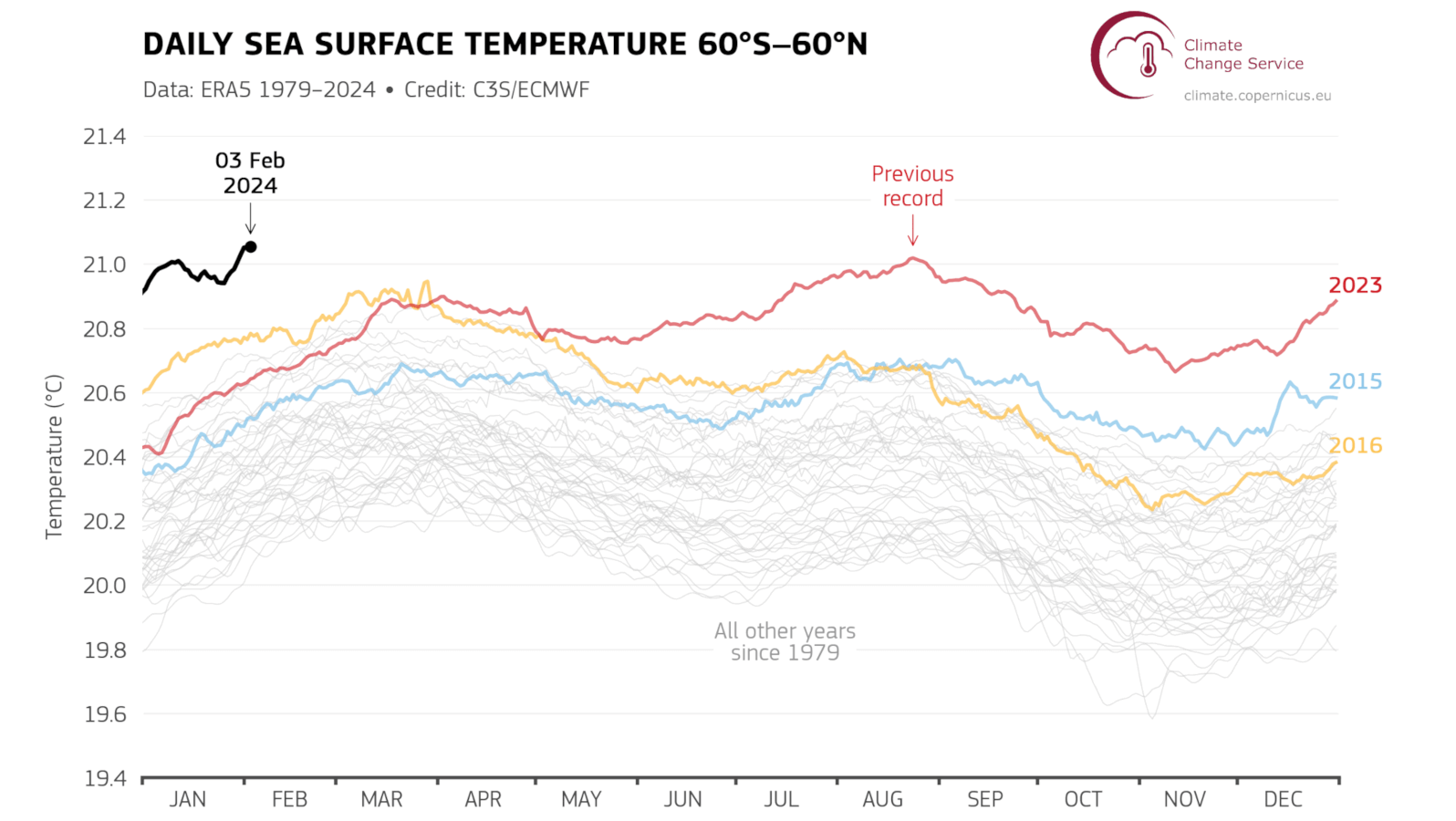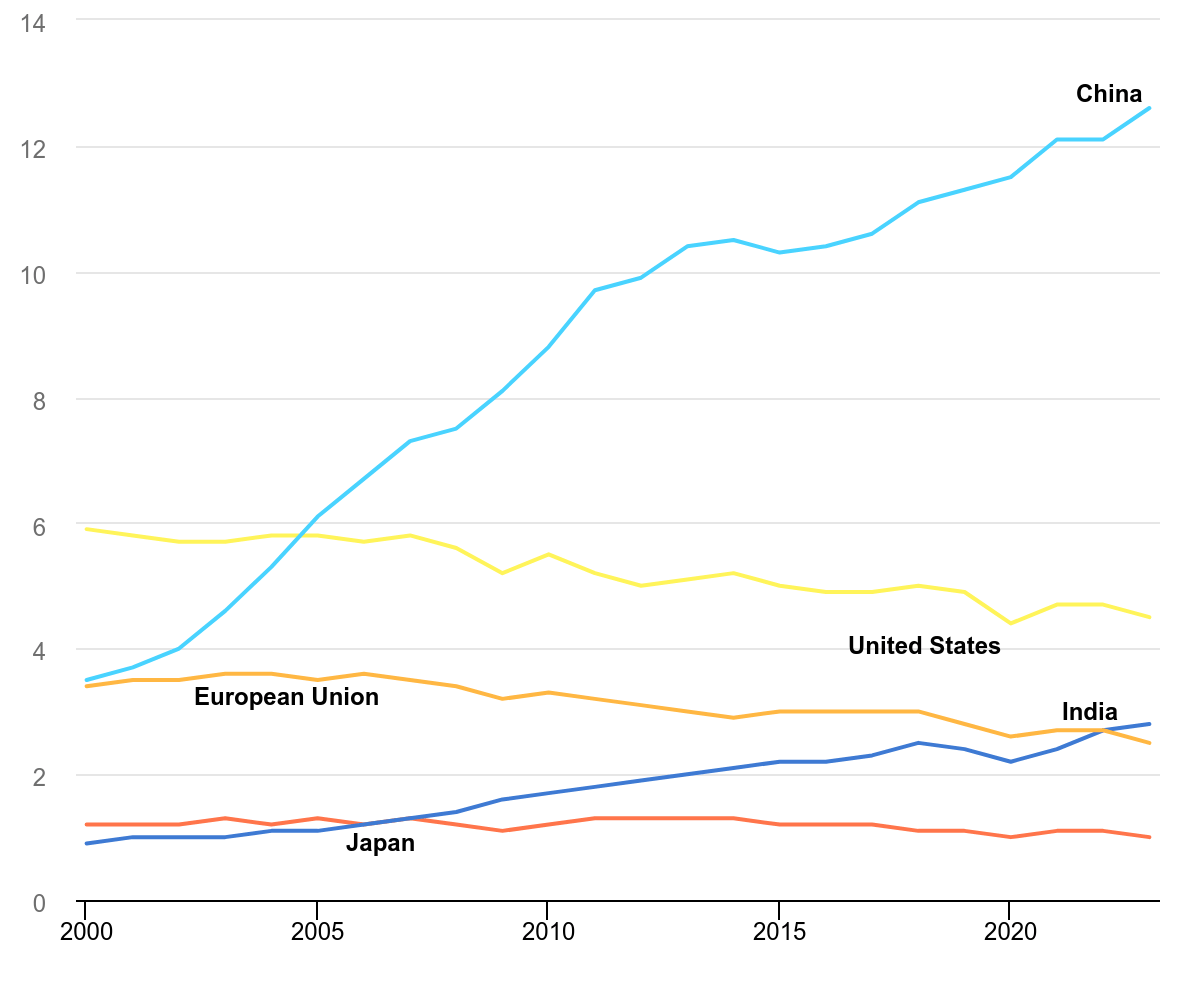More compassion needed
Vegan Society of Canada News
March 21st 2024
We once thought that lofty promises of change seemed theoretically possible by 2030, but since that’s only six years away, let’s look at how we are doing. The latest IEA report for 2023 shows that, instead of reducing emissions, we once again increased overall emissions by 1.1% with most of the increase coming from China.
The regional differences at a micro level are not important. In a predominantly capitalist society, businesses will always maximize profit; currently, this means most production is done in China and therefore it’s not surprising that most of the increase comes from there. What is important is the global number.
A 40% reduction by 2030 is all but impossible, and chances are poor that we will meet a 25% reduction in less than six years. Yet these pie-in-the-sky ideas are consistently fed to the public to give a false impression that someone somewhere is working on this and that we can rest easy and continue our day-to-day life as usual.
The Paris Climate Change Agreement death toll is sounding; for the first time in January 2024, over a rolling 12-month period, we breached the 1.5º C increase above pre-industrial levels.

February was worse, marching us ever closer to the 2º C mark at 1.56º C over pre-industrial levels. To make matters worse, the ocean surface temperature in 2024 is crushing all previous records and we don’t yet understand all the reason why. This could signal a devastating hurricane season for 2024 and be a factor in various other mechanisms, for example, the AMOC shutdown.

The situation has not improved since February 3rd, 2024. Like other failed agreements, it’s likely that once we fully breach the lowest goals we set for ourselves of at most a 2º C increase, the Paris Climate Change Agreement will be replaced by a new agreement looking far into the future with more lofty promises. Like all previous agreements that had the same faith, the rational argument for this is that it makes no sense to continue working on an agreement that is impossible to achieve, and of course, that is logical. That is not the problem; the problem is we got where we are in the first place. This is happening while trust in politicians and government is hitting an all-time low.
We must not blame politicians for this; we are the only ones to blame. It’s a fallacy that politicians are leaders. They are concerned about votes and, like almost every other human-animal, they want to keep their jobs so they will never stray too far from the population they represent. In modern times, most politicians who played a role in creating the causes and conditions for a tremendous amount of exploitation were duly elected. Even now, for the first time since World War II, a fascist government could take power in a German state with a wave of popular support.
These are not isolated issues; recently, Canada was chastised for its slavery or slavery-like conditions in areas such as agriculture. Today, the number of people living in modern slavery is about two times higher than when slavery was legal. Approximately 28 million individuals are subjected to forced labor presently, and this number increases to around 50 million if forced marriage is included in the definition of slavery and slavery-like conditions.
Even as we speak, businesses and lobbying organizations in Europe vehemently oppose proposed laws that would provide even minimal, albeit loophole-ridden, protection for human animals against slavery and slavery-like conditions. Despite numerous discussions on the subject, no one has openly professed to support slavery, yet it persists and even grows. This issue also extends to organizations self-identifying as vegan while endorsing animal exploitation, such as certifying products from slavery and slavery-like conditions as "vegan," as seen in industries like chocolate production.
This makes our work exponentially more difficult. If human animals don’t care enough about their offspring to muster the will to act on climate change, nor the will to act to protect people from slavery and slavery-like conditions, the eradication of the exploitation of animals as a whole is exponentially more out of reach.
Each of us can make a difference. We must not leave this looming catastrophe to other generations; change is possible, but requires that we forget some of the past. The present is unsustainable, and unless technological systems drastically improve very quickly, we will have to get out of our comfort zones to address the issue before it’s too late.
There are very few types of changes that can still have a meaningful impact. They include transport, energy generation, food production and population growth. Our position is that what we eat is one of the easiest things to change in comparison to other options. Not only is it a benefit to combat climate change, but it helps our health, the antibiotic crisis, fresh water shortage, loss of nature and more.
Nothing is changing and we continue to put our selfish interests above the lives of others, whether it’s in buildings, planes, bridges, vehicles, power plants, dams, highways, railroads, chemicals, medications, weapons, or slavery. This tombstone legislation mentality means many will die and suffer before meaningful changes will happen.
It doesn’t have to be like this, but it will require willpower and selflessness to make the necessary changes.




